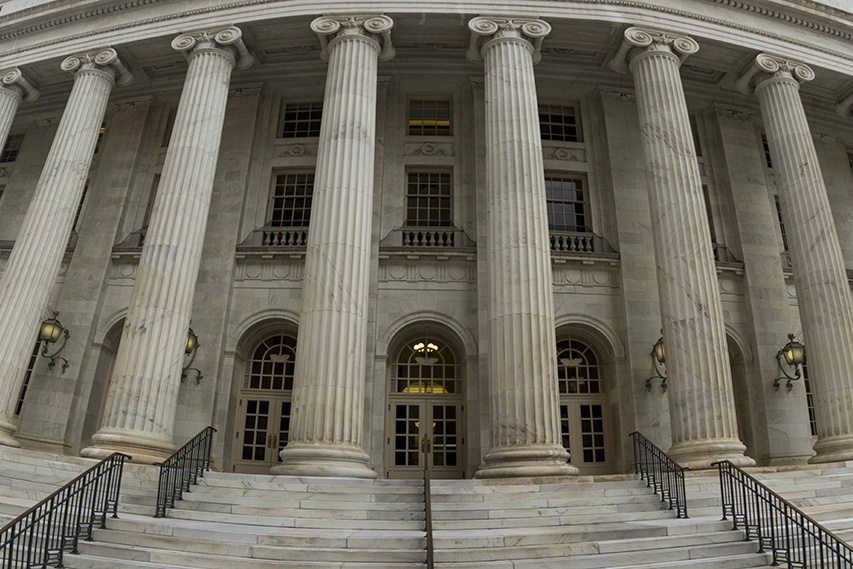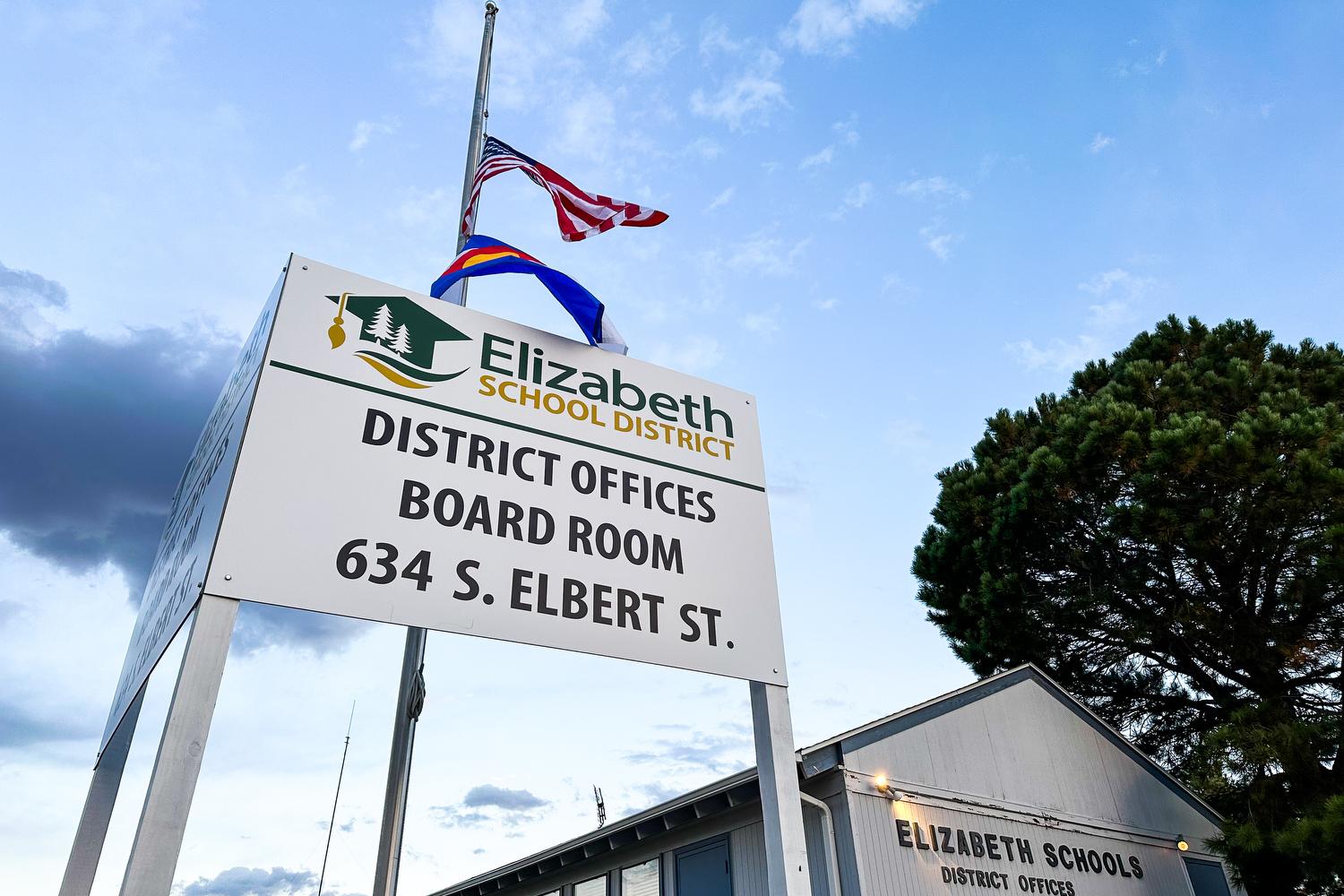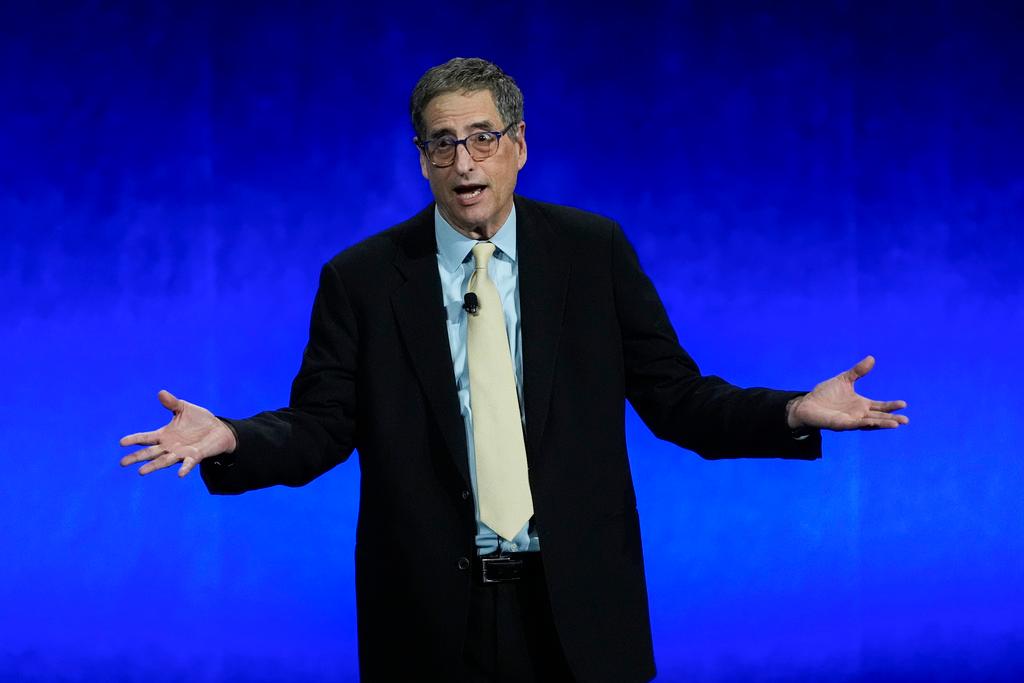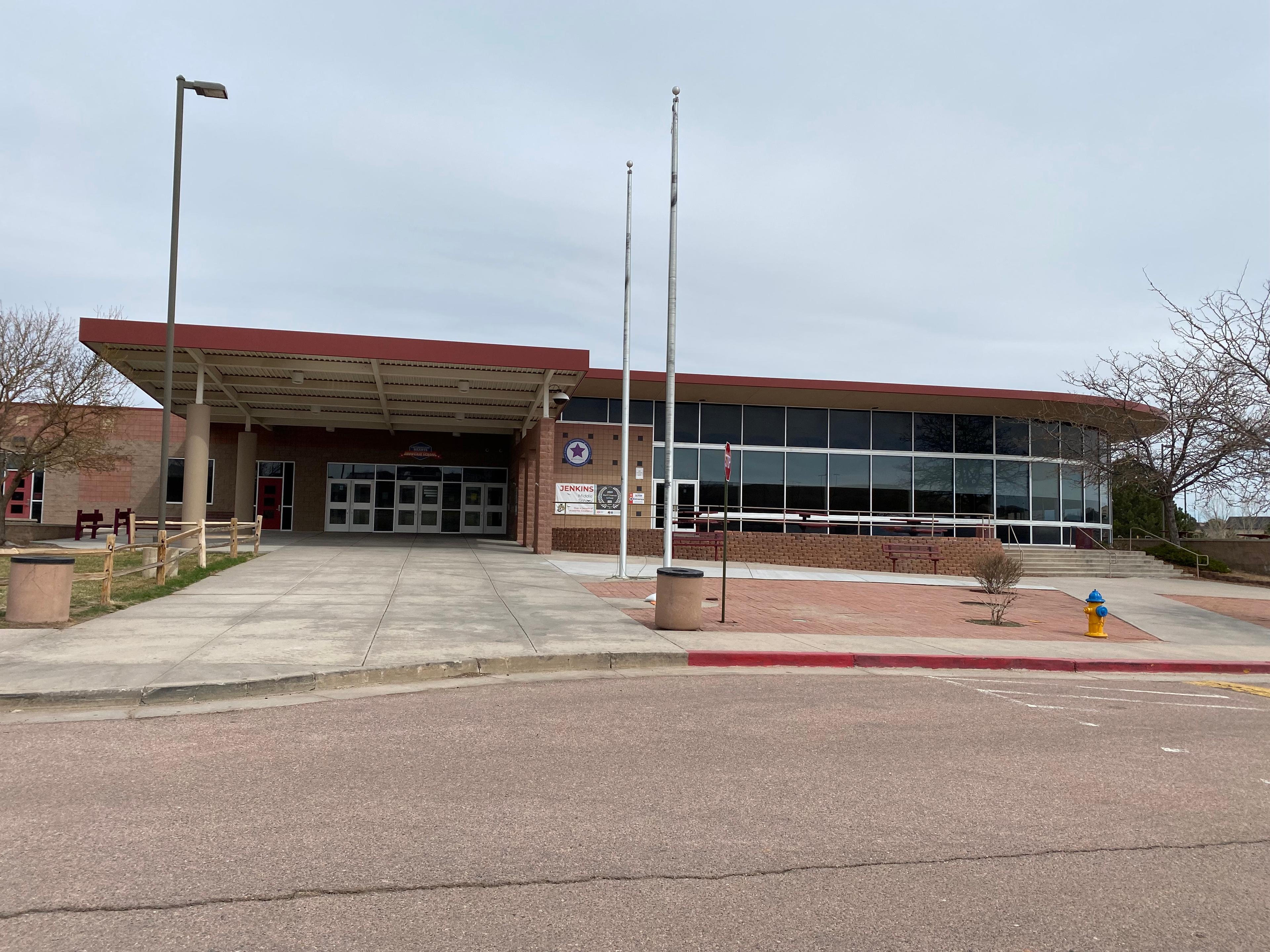
Republican presidential nominee Donald Trump has repeatedly said that this November’s election is “rigged.” Over the weekend, he alleged it was happening at “many polling places.”
That’s a rather incendiary charge, considering that our country’s democracy is built on fair and free elections. And Colorado officials say, when it comes to this state, his claims are without merit.
“While there are occasional instances of voter fraud, Colorado’s processes are very good at catching attempts to commit voter fraud. We are working to improve our processes and prosecute those who break the law,” Secretary of State Wayne Williams said in a statement.
Election 2016 Coverage | Voters Guides
How easy would it be for the presidential election, here in Colorado at least, to be “rigged”? The term implies more than a stray scam here or there -- “rigged” means fraud on a system-wide scale, large enough to influence state-wide election outcomes.
As it turns out, the decentralized nature of the state’s election system makes such a feat extremely unlikely. Here’s how we came to that conclusion:
Before The Vote
All of Colorado’s counties test their voting equipment before every election; none of these machines are connected to the Internet -- to prevent hacking. Bipartisan teams of volunteers conduct these tests in public meetings, and no members of the teams can be related -- by blood or marriage -- to a candidate on the ballot. Members of this team, called a canvass board, are typically chosen by local political parties.
Counties mail ballots to every resident in Colorado who is registered to vote. Counties can check with the U.S. Postal Service’s national change of address database to make sure the ballot goes to the right person. The state also updates counties on people who’ve recently died or been incarcerated and are no longer eligible to vote.
Registration
Before a Coloradan can cast a ballot he or she must first register with the Secretary of State’s office. The office says it coordinates with security staff at federal, state and local agencies to help keep its registration system safe.
When Coloradans register to vote with the Secretary of State, they must provide a copy of their signature. If they register via the paper form, their signature on that form is collected. If they register online, a signature is pulled from the state’s driver’s license database.
All-Mail System
The registration system is key to the vote verification process, especially for Colorado’s unusual all-mail ballot system. The Secretary of State’s office says in Colorado’s last statewide election in 2014, 95 percent of ballots cast were returned by mail or at a drop-off location.
That was the first major election under the relatively new system, which was created after the Democratic-controlled legislature passed the Voter Access and Modernized Elections Act in 2013. Republicans, including then-El Paso county clerk and current Secretary of State Wayne Williams, were opposed to the measure. Williams has since softened in his opposition to the system as improvements have been made.
Since its passage, the new system has been credited with boosting voter turnout and cutting costs. Still, the 2016 vote marks its first presidential election -- a major test.
The Vote
The signature database is essential in verifying ballots. The ballots themselves are anonymous, but residents voting by mail must sign the return envelope for the vote to be counted. Once the vote is cast, a bipartisan team of election judges in each county checks each signature against the copy on file with the state. If the signature on file doesn't match the signature on the ballot, it's set aside and the voter gets a letter asking them to resolve the discrepancy. Unsigned ballots are not counted.
Election judges are civic-minded volunteers (or temporary employees) recruited by parties and county election officials, and are then trained to follow and enforce the Secretary of State’s rules.
“We couldn't do the elections without them. The people conduct the elections,” said Pam Anderson, executive director of the Colorado County Clerk's Association.
The Secretary of State’s office says of the roughly 2 million ballots returned by mail in 2014, about 8,000 were thrown out because signatures did not match. And several thousand ballots were counted after counties contacted the voter and resolved the signature issue.
“In general, there appears to be only a few cases where ill intentions may be involved,” a report commissioned by the legislature to evaluate the 2014 election said.
The signature comparison system means it’s “impossible” for someone to vote twice, Anderson said. "We can't accept more than one ballot for an individual voter.”
In-Person Voting
Measures are also in place to secure the process for the few Coloradans who still prefer to vote in person. These voters must present a valid ID at their local polling place. Acceptable options include a driver’s license, a passport or a copy of a recent bill or paycheck that shows the voter’s name and address.
Experts say identification checks at polling places make voter impersonation fraud rare and inefficient for those looking to steal an election.
“I could not find a single example from the 1980s onward where voter impersonation could have swung one election or that there was any kind of conspiracy to do so,” Rick Hasen, a law professor at the University of California at Irvine, told the Washington Post.
However, there is one part of in-person voting that Secretary of State Wayne Williams is still concerned about: same-day registration. In this case, voters could prove their ID with a utility bill and not show a photo ID. He’s pushing for a bill that would require photo ID for same-day registration.
"There is a risk, and we've seen some instances of this happen,” Williams told CPR News’ Megan Verlee in August. "It's not by any means a majority. It's a small number. But we have elections decided by a single vote. So a small number does matter."
Counties Count Their Own Votes
Once votes are collected, they are counted by each county. The computers used to tabulate the results are not allowed to be connected to the Internet.
"There is no way to go through the Internet to alter any sort of tabulation results,” Anderson said.
Results are transferred from the off-line computers to another system, which uploads the tallies to the Secretary of State. So the only way to cook the books at this stage would be to modify the data in person -- and you’d have to do it county by county. But the only election officials and judges who have access to the tabulation process must first pass a Colorado Bureau of Investigation background check. And the tabulation computers also track who has accessed information down to the keystroke.
The result is a public process where multiple layers of government and volunteers share responsibility.
"We really have instituted as many protocols and layers of security as possible,” Anderson said. “Every aspect of the election process can be monitored.”
Catching Fraud
Despite these safeguards, rare instances of voter fraud have been exposed. Anderson, who was Jefferson County’s clerk until 2014, said only one or two voters were prosecuted in her eight years on the job. More commonly, she saw instances of a spouse signing their partner’s ballot.
"Typically what we see is that with education, those offenses aren't repeated,” Anderson said.
Committing voter fraud is a class five felony -- that means up to three years in jail and up to a $100,000 fine for each offense.
Earlier this fall, CBS4 found evidence of several dead men and women voting in Colorado years after their deaths. The Secretary of State’s office confirmed that 78 dead voters were still erroneously eligible to vote -- they’ve since been removed from voter rolls.
But such discrepancies are still a far cry from the large-scale conspiracy that Trump alleges.
And, as Secretary of State spokeswoman Lynn Bartels said in a statement, county clerks -- many of whom are Republican -- are more concerned with making sure their responsibilities don’t drag on longer than necessary.
“Clerks don’t pray for winners and losers, but large margins of victories so there are no recounts.” Bartels said.
Source: Colorado Secretary of State’s Office, Colorado County Clerks Association
Editor's note: This story has been updated to add that some election judges are paid temporary county employees.









